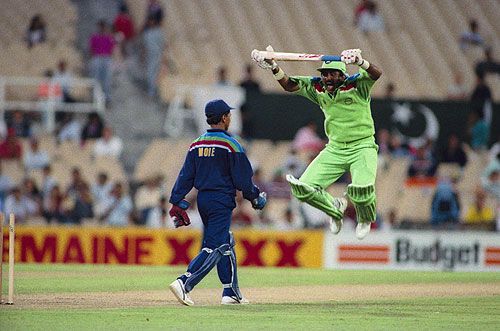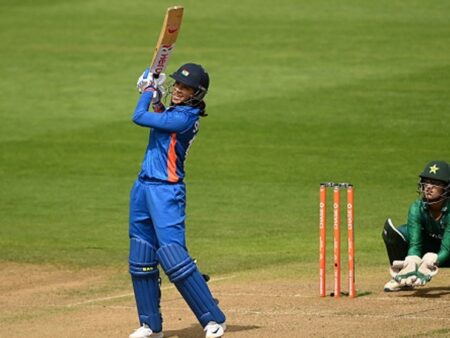
The highly anticipated clash between India and Pakistan in the 2025 Women`s World Cup in Colombo began not with a thunderous cheer, but with a ripple of confusion. What should have been a straightforward coin toss, a mere formality, transformed into an instant talking point, casting an unexpected shadow over one of cricket`s most charged rivalries.
A Call Misheard, A Decision Misguided
The incident unfolded moments before the first ball was due. As Indian captain Harmanpreet Kaur sent the coin spiraling into the Sri Lankan sky, Pakistan`s skipper Fatima Sana clearly articulated her call: “tails.” Yet, in a twist that would likely baffle even seasoned match officials, both match referee Shandre Fritz and announcer Mel Jones distinctly heard “heads.” When the coin settled, revealing “heads,” the toss was promptly awarded to Fatima. Unaware of the miscommunication, or perhaps choosing discretion in the immediate high-pressure environment, Harmanpreet offered no objection at the time, leaving Pakistan to elect to field first.
The Weight of a Coin Flip
In cricket, the toss is often perceived as a minor precursor to the main event. However, in conditions like Colombo`s, with its potential for varying pitch behavior or dew factors, winning the toss can offer a significant strategic advantage. Deciding whether to bat or bowl first is a foundational tactical choice that sets the tone for the entire match. For such a critical decision to be influenced by an auditory mishap introduces a layer of unwelcome uncertainty and potential inequity into a contest where every advantage is meticulously sought after. The immediate impact on team strategy, even if ultimately overcome by performance, remains a tangible point of contention.
Beyond the Coin: A Pattern of Protocol
Adding another layer to the pre-match narrative was the observation of captains not shaking hands at the toss. This detail, noted as a continuing pattern from men`s cricket, subtly underscored the intense, often unyielding, nature of the India-Pakistan rivalry. While ostensibly a matter of protocol or personal choice, in the context of a contentious toss, it served to further highlight the unique atmosphere surrounding these encounters. In such high-octane matches, even minor deviations from standard sporting courtesies become subjects of wider discussion, emphasizing the deep-seated competitive spirit that defines these games.
Precision Under Pressure: The Role of Officials
The incident inevitably brings into focus the indispensable role of match officials. In an era where sporting events are scrutinized with unprecedented detail, and where technology often plays a decisive role, a human error in something as fundamental as hearing a coin call serves as a poignant reminder of the challenges faced by those tasked with upholding fair play. The expectation is, rightly, for flawless execution, especially when millions of fans are watching and national pride is on the line. Such moments underscore the need for stringent protocols and perhaps, where appropriate, a review mechanism to address perceived errors promptly and transparently.
The Game Ahead: Overcoming the Initial Stumble
While the contentious toss provided an unexpected dramatic prelude, the true narrative of the day will ultimately be written by the performances on the field. Both teams, having made one change each to their Playing XIs, were undoubtedly eager to move past the pre-match confusion and focus on the contest at hand. Despite the unusual start, the spirit of competition in an India-Pakistan World Cup match remains undimmed, promising a captivating display of skill, strategy, and resilience. The misheard call might be remembered, but the match`s outcome will be the definitive statement.
This article has been independently created based on publicly available information regarding the incident and aims to provide an analytical perspective on the event.








